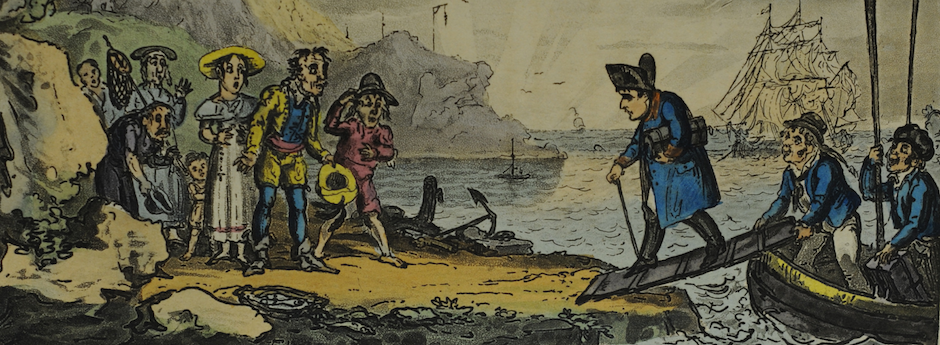If you know what the title of this post means, then I know I’ve got you. Welcome to the world of Dobie Gilis.
Dobie started out as a collegiate character starring in the short stories of Minnesota humorist Max Shulman. He was just crazy about girls- in any shape and form. Tall ones, short ones, round, creamy ones, Dobie dreamed longingly of a girl to call his own.
By the time he hit the CBS television airwaves in 1959 in The Many Loves of Dobie Gillis, Shulman (who was the script writer for the series. And he wrote the theme song!) had demoted him to high school, but he kept Dobie’s girl-crazy persona in tact.
The tv Dobie- played to perfection by Dwayne Hickman- went to Central High, didn’t want to work in his father Herbert T. Gillis’s grocery store, was the apple of his mother Winnie’s eye. He hopelessly drooled after blonde bombshell Thalia Menniger, envied the wealth and savoir faire of Milton Armitage and then later his cousin, Chatsworth Osborne, Junior, went to movies at the Bijou and was the uncomfortable amorous focus of Zelda Gilroy attentions- a smart, brunette tomboy who sat behind to him in class.
But most importantly of all, Dobie was the unlikely best friend of Maynard G. (“The G. stands for Walter”) Krebs.
The writing on this show was slick, satiric and funny. But it grabbed me in a way that all my other favorite programs on the Sentinel tv in our basement had not. (See Video Village for a post about my early viewing habits.)
The teenagers here- wholesome and earnest Dobie, lazy beatnik Maynard, sneering and pompous Chatsworth, conniving and greedy Thalia, chipper can-do Zelda- were the focus of the show.
And they sure weren’t Betty, Bud, and Kathy Anderson – aka “Princess, Son and Kitten” from my heretofore beloved Father Knows Best.
Maynard was sui generis for tv back then. He made an enormous impact on ten year old me.
He was a goatee-sporting beatnik with a set of bongos and a pathological fear of work. (“WORK!” he’d yelp in a terrorized, Pavlovian knee jerk reaction to the word every time someone said it. This joke was repeated many, many times during the course of the series. And every time, his horrified reaction just made me laugh harder.)
He was unapologetic in his likes, too. He was always trying to get Dobie to forget about girls, school and his father-problems, and to go to the movies with him. (The Monster That Devoured Cleveland seemed to be eternally playing at the Bijou.) I seem to remember he liked jazz (of course) and frogs, and he wanted Dobie to get on board with these interests. too.
A drumroll on the bongos here for Bob Denver: Though he had a few minor roles in minor movies like Take Her, She’s Mine and Back To The Beach, Bob Denver will always be known as Maynard, and later Gilligan, from Gilligan’s Island fame. He will forever be in my pantheon of tv heroes.
(Ok, so he never won acting prizes like Sir Laurence Olivier. So what? Larry never made me laugh just by saying the word “work.”)
Context is everything and it’s hard to explain why Maynard was such a revolutionary character.
Maybe it was timing. Maybe because Maynard foreshadowed the sixties- just as Bud Anderson was a relic of the fifties.
He heralded a change. And soon all of us teenagers were swept up into the maelstrom of peace, love, happiness.
(And no WORK!)
Now watch this.
And then I’ll meet you at the Bijou.



Thanks for the memories, Ellen.
In retrospect, Bob Denver’s Gilligan was the grown up Maynard G. Krebs. Even in the clip you posted, Maynard was “lost, doomed.” Is there a better segue to the team in Gilligan’s Island? Marooned after a three-hour tour, with “chicks” who giggled at him? Being someone’s “Little Buddy?” They probably could have called the show “Maynard’s Island,” made references to “Dobie (or Zelda?) will find us,” had Jim Backus play Chatworth Osborne, SENIORS, and nothing would have been different. Did Gilligan do any “WORK?”
We might have changed TV history here with your little ‘three hour tour’ back in time (which reminds me of one of my favorite Stephen Wright jokes: Q: What if you put instant coffee in your microwave? A: You’d go back in time.).
Nice treatise, Michael. Fascinating lesson in compare and contrast “Dobie and Gilligan Redux.”
As for Stephen Wright. OMG. I love him so. “The restaurant said it served meals anytime so I ordered breakfast during the Renaissance.” Genius. Thanks.
An interesting aside is that the woman who played Zelda, Sheila Kuehl, was a closeted lesbian which in 1959 was not something that one could broadcast. She made a TV pilot called “Zelda” but it never went anywhere because the head of CBS said she looked too “butch.” In 1975 she went to Harvard law school where she got a law degree, and eventually became the first Gay woman to be elected into the California state assembly.
Thanks, social historian. Nice Dobie update. Missing that Cali sunshine- that’s fer sure.
Wonderful review. You captured the essence of the show.
Thanks, Daddy-O. Glad you dug it.
Thanks a million for reminding me of one of my all-time favorite TV shows (and the books of Max Schulman, which were even better). And, sigh, Tuesday Weld….
She was the dreamiest and creamiest! And remember her explanation about why she had to marry for money? Something like “her father wasn’t well, and her mother wasn’t getting any younger, and her brother was a lazy loafer…” Her whole family of gold diggers was counting in her to bring in the bacon via a rich husband. What a role model!
Art imitating life, based on her bio.